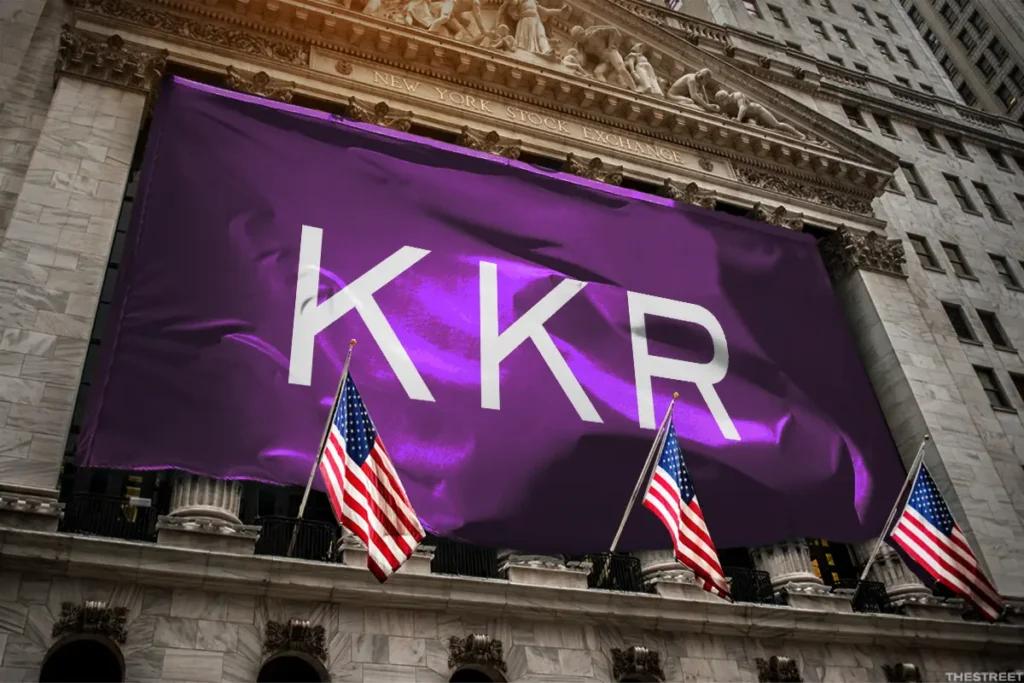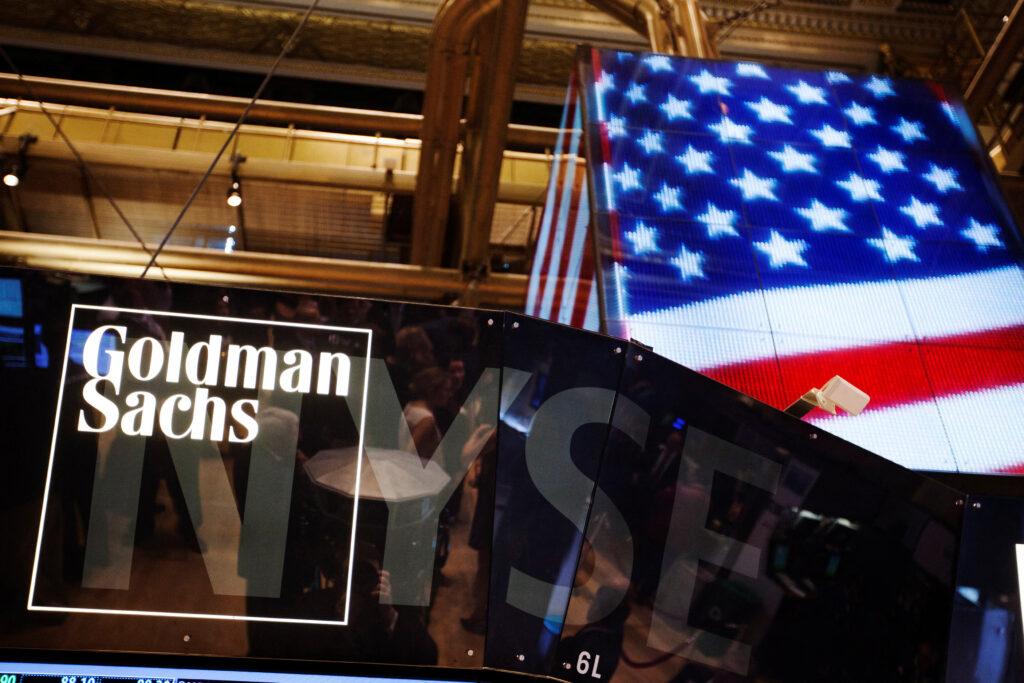Understanding financial instruments
When people refer to trading, terms such as securities, futures and swaps are often thrown around and it can be confusing at first to understand what they all mean and what the differences are. All of these are types of financial instruments, which is just a contract for some type of monetary asset. How these assets gain their value, and what type of contractual obligations is placed upon the owner/trader of them is what distinguishes them. One particular type of financial instrument is derivatives, whose value is determined by underlying assets such as currency, stocks, bonds etc. When the value of the underlying asset changes, so does the value of the derivative.
Options
There are various different types of derivatives, one of which is called an option – this is a contract in which the seller guarantees the buyer the right to buy (call options) or sell (put options) some assets (e.g. stocks in a certain company). The price at which the owner of an option buys or sells at is predetermined and fixed at the point the option is bought. When the owner of an option can execute it (i.e. buy or sell) depends on whether it is an American or a European option. Every options contract has an expiration date beyond which it cannot be executed – European options can only be executed at expiration, whereas American options can be executed anytime up to expiration. The key difference between options and futures (which are another type of derivative) is that the owner has no obligation to execute the option; should they decide against it they don’t have to buy/sell anything.
How are options priced
Options cost a certain amount of money (a premium) in return for the right to buy/sell the relevant assets. The valuation is based on the probability that the options contract will finish ‘in the money’ at expiration. This means that the owner of the option can profit from buying or selling the contract. An example is given here – if you buy a call option which gives you the right to buy shares in a company for £30, and at the time of expiration the shares are worth £34, then you’re option is in the money, since you can buy the shares for £30 and sell them at £34 to make a profit. If the shares are £30 at expiration, then the option is said to be at the money, and below is out of the money. The reverse is true for put options – if the contract allows you to sell for more than the value of the stocks at expiration, then it is said to be in the money, since you can buy it back for cheaper.
The calculations to work out this probability are relatively complex – various models are used, the most famous of which is the Black Scholes model, which is often used to price European options contracts. There are various parameters that can affect the price of a contract – the current underlying price of the stocks and the price at which the option can be exercised (also called the strike price) are the two obvious ones. Other variables that can affect value of the options contract is the interest rate and, more importantly, the time until expiration. In general, the longer the time, the greater the probability that the options contract finishes in the money, since the asset has more time to get above/below the strike price. Finally, the volatility plays a big role – this is the hardest to quantify by far. It is a measure of the risk (i.e. variability) of the underlying asset’s price, and the higher it is leads to an increased premium. Both the effect of time and volatility are maximised when the options contract starts at the money (so the strike price is the actual underlying price). All of these combine to give the price of an options contract.
Analyst: Krish Nanavati





























Continue with Facebook Continue with Google